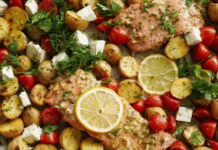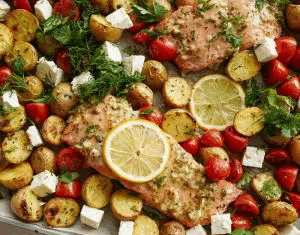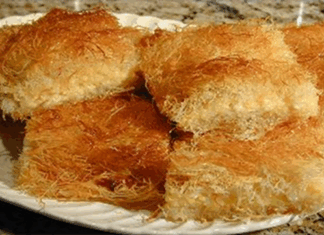FRESNO — The California Table Grape Commission was established by an act of the state legislature in 1967. Approved by a grower referendum in 1968, the commission has been affirmed through grower referenda every five years since its inception. The purpose of the commission is to maintain and expand markets for fresh California grapes and to create new and larger intrastate, interstate, and foreign markets. The cultivation of grapes began perhaps 8,000 years ago, and the fruit has been used as human food over history.
Californians have been cultivating grapes for more than two centuries. Today, 99 percent of U.S. table grapes are produced in California’s warm, dry climate that is ideal for grape growing. With 81 grape varieties grown, California grapes come in three colors-green, red, and black-and are in season from May through January.
California’s table grape growers are dedicated to giving consumers the highest quality grapes in the world, so the highest standards of production are applied to every vine grown. Grapes from California are cultivated, picked, packed, and transported with the greatest care to ensure the berries you enjoy arrive in just-picked condition: plump, juicy, and perfect. At a crop value of $2.14 billion in 2021, California table grape growers harvested 97 million boxes of grapes, sending them to consumers worldwide. Per capita consumption of table grapes in 2021 in the U.S. was 9.4 pounds per person with 37 percent of the crop exported to 56 export markets. There are over 330 table grape farming operations in California.
A 3/4 cup of grapes contains just 90 calories with no fat, no cholesterol, and virtually no sodium. Grapes are also a good source of vitamin K. Grapes of all colors are a natural source of antioxidants and other polyphenols. Grapes contain compounds with anti-inflammatory effects, which may in turn protect against chronic diseases. Keep grapes on your weekly shopping list so that they’re handy for weeknight meals, a quick and refreshing dessert, or snack any time of day.
This Harissa-Spiced Steak with Grape and Preserved Lemon Salad delivers big flavor in an easy, quick way. Two North African ingredients, spicy harissa paste, a staple in Moroccan cuisine, and preserved lemon, a flavorful condiment with a mildly tart, but intensely lemony flavor, offer a zesty contrast to the refreshing, lightly dressed grape salad. Marinate the steak ahead of time-in the refrigerator during the day, overnight for more intense flavor, or even shortly before grilling.
Ingredients:









